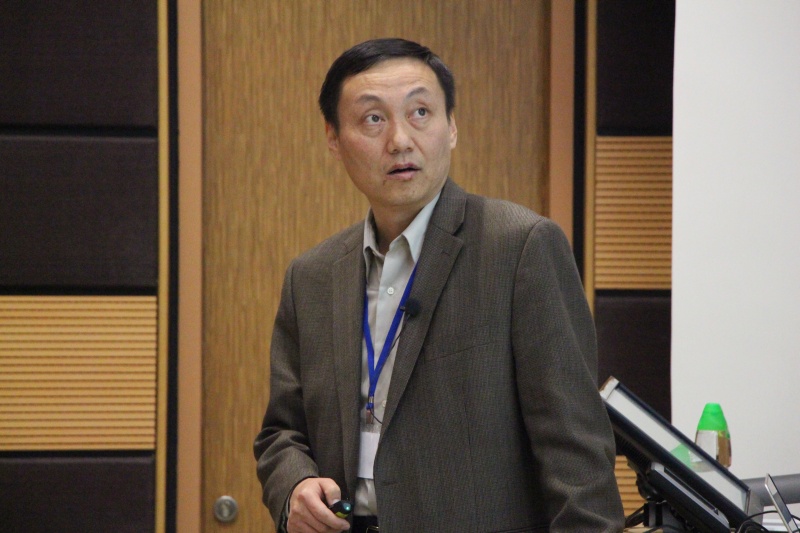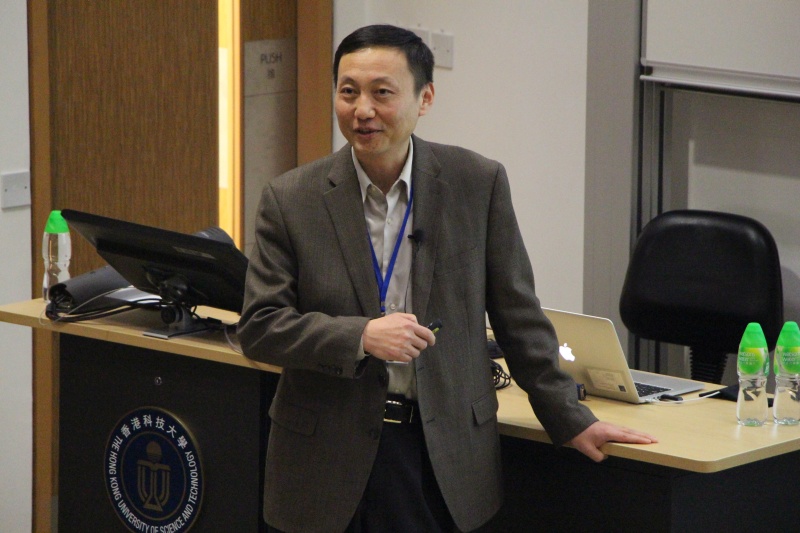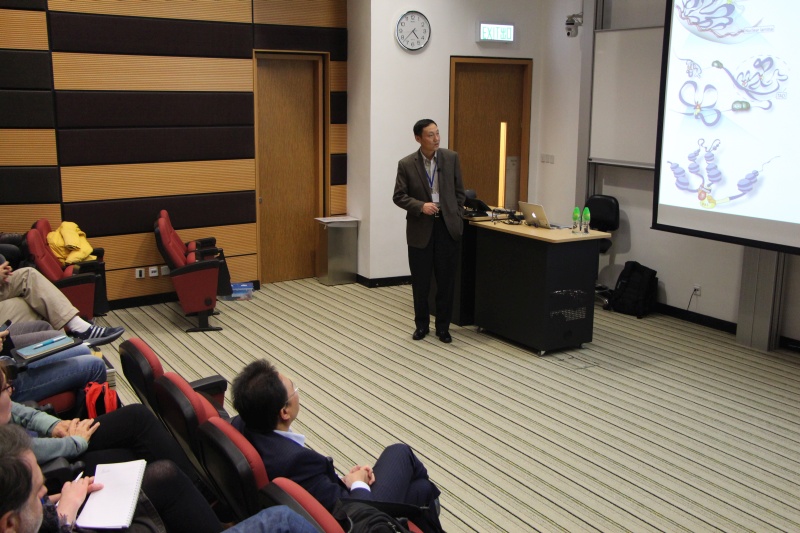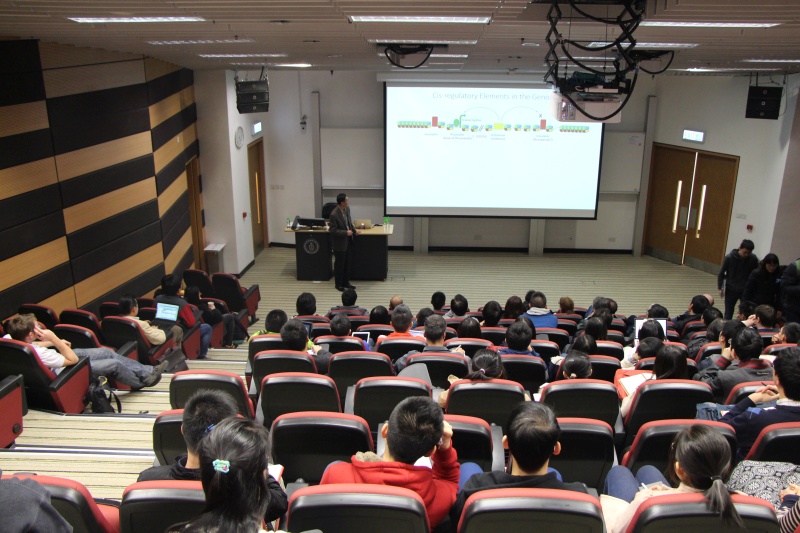3D Chromatin Organization and Long-range Control of Gene Expression
Abstract
The 3D genome organization plays an essential role in orchestrating the many essential nuclear processes including gene regulation. Great strides have been made recently to characterize the 3D chromatin architecture in mammalian cells, with the development of both technologies for genome-wide study of chromatin interactions at increasing precision and concepts such as "chromosome territories", "topologically associating domains" and "chromatin loops". The speaker will discuss how these new concepts are transforming the study of gene regulatory mechanisms in mammalian cells, by giving specific examples that illustrate the role of 3D chromatin organization in developing revolutionary tools in sequencing diploid genomes, understanding molecular basis of genetic disorders caused by genome structural variations, and predicting target genes of enhancers.
About the speaker
Prof. Ren Bing obtained his MS in Computer Science and PhD in Biochemistry from Harvard University in 1998. He then moved to the Whitehead Institute for Biomedical Research as a Postdoctoral Fellow in 1998 to 2001. He joined the University of California at San Diego (UCSD) in 2001 as an Assistant Professor in the School of Medicine as well as an Assistant Member in the Ludwig Institute for Cancer Research. He is currently a Professor of Cellular and Molecular Medicine and Member of the Ludwig Institute for Cancer Research at UCSD.
Prof. Ren’s research is focused on genomic and epigenomic analyses of human embryonic stem cell differentiation and mammalian development. His lab has contributed to the annotation of transcriptional regulatory sequences in the human and mouse genomes, characterization of epigenomes of the human cell types, and understanding of the chromatin architecture in mammalian cells.
Prof. Ren was elected as a Fellow of the American Association for the Advancement of Science in 2013. He also received several awards including the Distinguished Young Investigator Award by the Chinese Biological Investigators Society in 2007, the Charlotte Geyer Foundation Award in 2004 and the Sidney Kimmel Scholar Award in 2002.






